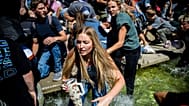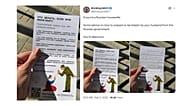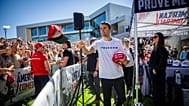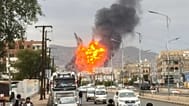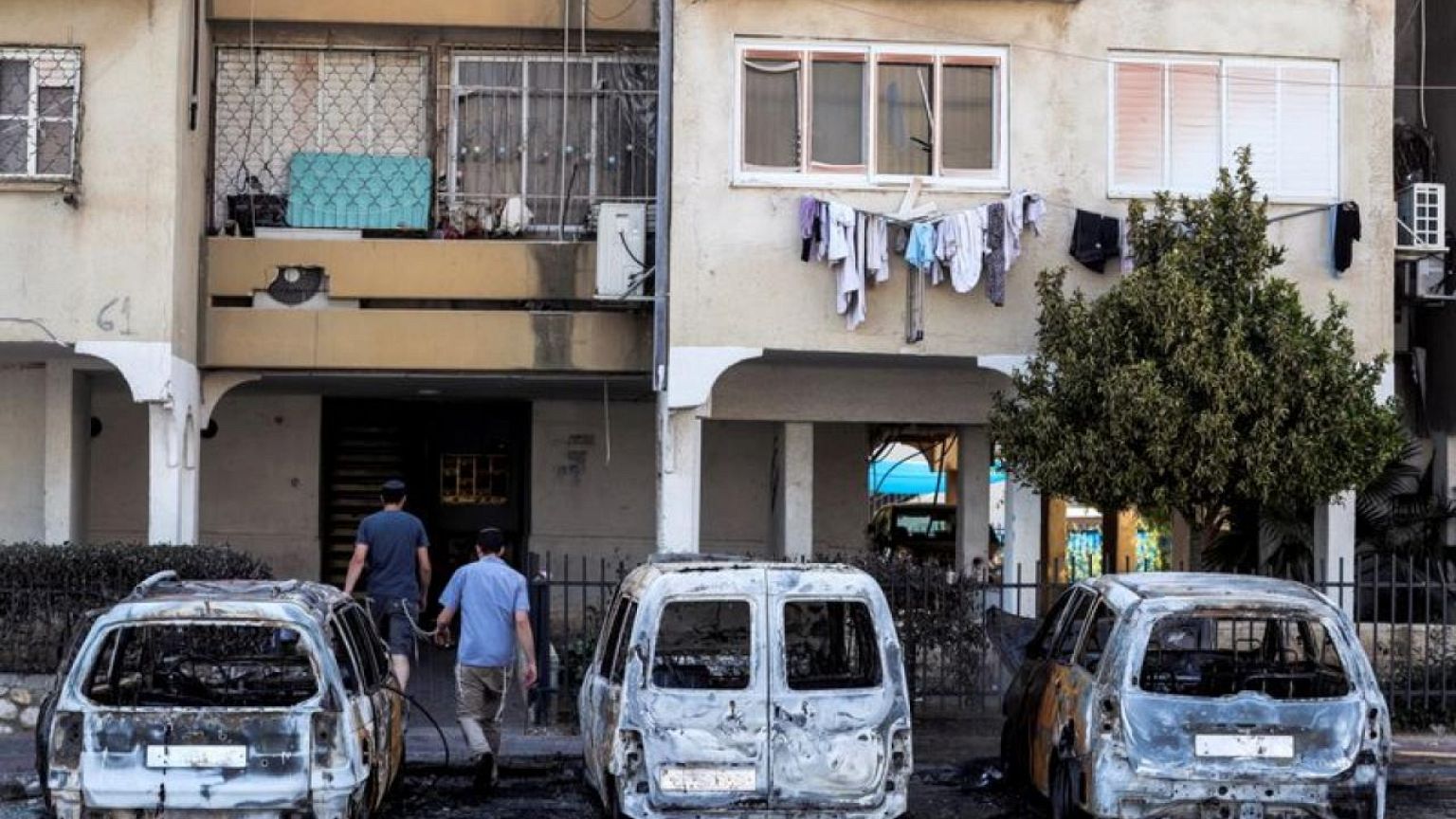By Rami Ayyub, Jonathan Saul, Stephen Farrell and Zainah El-Haroun
HAIFA/JAFFA (Reuters) - Two days after Hamas and Israel began launching rockets and air strikes, Israel's president called a TV station to plead with his fellow Jews and the country's Arab minority not to turn on each other over the conflict.
Reuven Rivlin, who belongs to Prime Minister Benjamin Netanyahu's right-wing Likud Party, takes pride in the fact that his scholarly father translated the Koran from Arabic to Hebrew.
"Please stop this madness," he said on May 12. "We are endangered by rockets that are being launched at our citizens and streets, and we are busying ourselves with a senseless civil war among ourselves."
The communal violence continued.
At the end of it two people were killed - an Arab who died after being shot by Jews and a Jewish man who died after Arabs threw rocks at him.
And two days after Rivlin's appeal, arsonists in the port city of Acre torched the Jewish-run Acco Theatre Center, which forges cross-community alliances with shows in Arabic and Hebrew.
The manifestation of tensions that have existed in Israeli society since the country's birth in 1948 left some questioning whether, even after Gaza-Israel hostilities subsided, inter-communal suspicion could poison relations for years to come.
Visiting U.S. Secretary of State Antony Blinken raised the issue after meeting Netanyahu in Jerusalem on Tuesday.
"Healing these wounds will take leadership at every level," he said. "There is a lot of hard work ahead to restore hope, respect and some trust across communities."
MIXED CITIES
In mixed Jewish-Arab cities like Haifa, Acre, Lod and Jaffa, memories of far-right Israelis shouting "Death to Arabs!" and Arab youths dragging people from cars may take time to fade.
For members of Israel's Arab minority - who account for 21% of the population and are Israeli by citizenship but Palestinian by heritage and culture - it did not come out of the blue.
Muslim, Druze or Christian, most are bilingual in Arabic and Hebrew, and many feel a sense of kinship with Palestinians in the Israeli-occupied West Bank and Gaza.
That kinship has prompted some protesters - especially but not only the young - to proclaim a sense of "Palestinian-ness" and reject the common Israeli term "Israeli-Arabs".
"We are Palestinians, not Arab-Israelis. The term 'Arab-Israelis' was created by Israel and its clients," said Muhammad Kana'na, 56, who travelled 130 km south from his home in northern Israel to protest in East Jerusalem.
The community's sense of alienation grew in 2018 when Netanyahu's government passed a "nation-state" law relegating the status of Arabic from an official language, and declaring: "Israel is the historical homeland of the Jewish people and they have an exclusive right to national self-determination in it".
For Wadie Abu Nassar, a Catholic church official from Haifa, tensions came to a head on May 12 when he said his 23-year-old daughter was stoned by a mob waving Israeli flags, and her car was smashed in scenes the family filmed from their balcony."To believe or to feel that I am a citizen that has nobody to protect me, this is (an) extremely bad feeling that affects all of us," he told Reuters.
SOLDIER ATTACKED
Israel's Arab minority is mostly descended from Palestinians who lived under Ottoman and British colonial-era rule and who remained inside the borders of what became the modern state of Israel in 1948.
But their kinship with Palestinians in the West Bank and Gaza, and the fact that most do not serve in the Israeli military, leads some Israelis to view them with suspicion, especially on the far-right.
During Ramadan, videos on social media purporting to show Palestinian youths assaulting ultra-Orthodox Jews drew protests from Israelis. Then an Israeli soldier was attacked in Jaffa on May 13, suffering a fractured skull.
"The relationships and the difficulties that have been created by this violence - both on the Jewish side and the Arab side - are going to be with us for a long time," said Ricki Lieberman, 74, who lives in Jaffa because it is a mixed area.
In normal times the Palestinian flag is rarely seen in public inside Israeli towns, and in East Jerusalem, police usually take it down swiftly.
In recent weeks it has been held by protesting Palestinian youths around Al-Aqsa Mosque, raised at funerals in Arab cities inside Israel and flown from cars driven by Palestinian youths in convoys past police positions in East Jerusalem.
The idea of unity was captured by an online notice calling for a general strike on May 18 in Arab towns within Israel and Palestinian towns in the West Bank, with posts on social media urging solidarity "from the sea to the river."
POLICE RESPOND
Intercommunal violence, the strike and anger at an 11-day barrage of rockets from Gaza have angered and unnerved many Israelis.
Monica Paz, an Israeli shop-owner in Jaffa, said she had to flee the town.
"The rockets were not the main problem, it was the violence in Jaffa."
President Rivlin condemned actions by Israel's minority.
"Tearing down the Israeli flag by Arab rioters and replacing it with the Palestinian flag is a brutal assault on shared existence in the State of Israel," he said.
On Sunday, Israeli police announced they would deploy thousands of security forces to seek out "suspected rioters, criminals and all those who participated in recent events in order to bring them to justice."
Israeli police said that of 1,550 arrests made thus far, around 75% were Arabs, but spokesman Micky Rosenfeld said the focus was on "preventing and responding to riots and disturbances."The majority of incidents...were by Israeli Arab residents who attacked police officers and civilians, burnt vehicles and caused damage to public property. In response to incidents also from individuals in the Jewish community, arrests were made."
Sami Abou Shehadeh, an Israeli lawmaker from the minority community, called the crackdown "a mass arrest campaign against hundreds of Palestinian citizens of Israel."
A May 16 opinion poll about inter-communal violence by Jerusalem's Hebrew University found some cause for optimism.
It found that nearly 60% of Jewish Israelis canvassed strongly opposed violence towards Arab citizens, and 73% of Arabs agreed that both communities could live together in peace.
Ahmad Nasr, 35, who called himself a Palestinian Arab, said he distinguished between personal ties and people's relationship with the state.
"Relations will get better in the end – between people, not between the state and us Palestinians," said Nasr, from Baqa al-Gharbiyya. "Between the people, for the sake of work and shared interests. With the state, it will stay a problem."
(Reporting by Rami Ayyub in Haifa and Acre, Jonathan Saul in Jaffa, Stephen Farrell and Zainah El-Haroun in Jerusalem and Ali Sawafta in Ramallah. Additional reporting by Rami Amichay in Acre, Sinan Abu Mayzer in Jerusalem and Ammar Awad in Umm al-Fahm. Writing by Stephen Farrell; Editing by Mike Collett-White)

